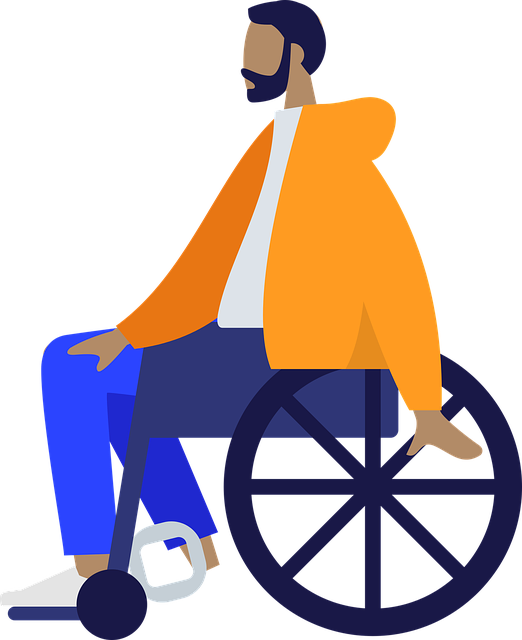What is ICU-Acquired Weakness?
Intensive care unit, ICU-acquired weakness is a common condition that may develop after being admitted into an ICU for critical illness. Sometimes, this condition may be named more specifically as critical illness polyneuropathy (CIP), critical illness myopathy (CIM), or critical illness neuromyopathy (CINM).
ICU-acquired weakness is defined as the new onset of declined nerve and/or muscle function, causing subsequent limitation in the ability to perform daily activities after someone survives care in an ICU. This weakness is often generalized throughout the body symmetrically and may affect breathing muscles as well. The weakness that patients experience may make even simple activities such as walking, getting out of bed, getting out of a chair, and going up and down stairs surprisingly more difficult than before being admitted into the ICU.
How do you get diagnosed with ICU-Acquired Weakness?
To be diagnosed with ICU-acquired weakness, a doctor must rule out all other conditions contributing to the symptoms. The severity of illness and/or the sepsis diagnosis are the strongest risk factors for developing ICU-acquired weakness. Prolonged use of a mechanical ventilator, taking certain medications or higher doses of sedation while in the ICU, and having high sugar levels are additional risk factors for ICU-acquired weakness.
How is ICUAW treated?
The detrimental effects of ICU-acquired weakness may last for months to years after an ICU stay. To reduce the severity of ICU-acquired weakness, it is essential to start actively moving as soon as it is safe (physical therapists and occupational therapists may even begin working with patients the first day in the ICU)! Once patients are well enough to leave the ICU, whether they can go home or to a rehabilitation facility, starting immediate physical therapy and/or occupational therapy treatment is essential to reduce the impact of ICU-acquired weakness.
At Freedom Physical Therapy, our skilled therapists have the knowledge and tools to treat ICU-acquired weakness. After an ICU stay, an examination by a qualified physical or occupational therapist may be an excellent choice for you. Your therapist may perform detailed tests including, but not limited to, a full-body muscle strength examination, endurance and breathing assessment, and neurological testing to determine the best course of action to help you gain strength and function back.
Resources:
Appleton, R., & Kinsella, J. (2012). Intensive care unit-acquired weakness. Continuing
Education in Anaesthesia Critical Care & Pain, 12(2), 62–66. doi: 10.1093/bjaceaccp/mkr057
Vasilevskis, E. (2019, January 17). ICU-acquired weakness. Retrieved from https://www.cancertherapyadvisor.com/home/decision-support-in-medicine/hospital-medi cine/icu-acquired-weakness/

